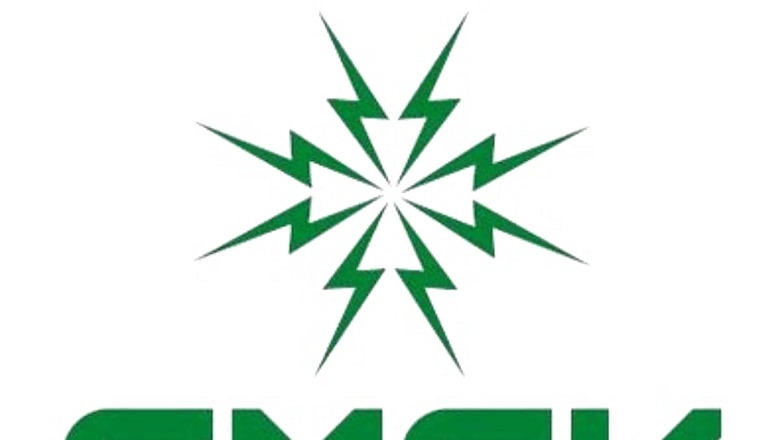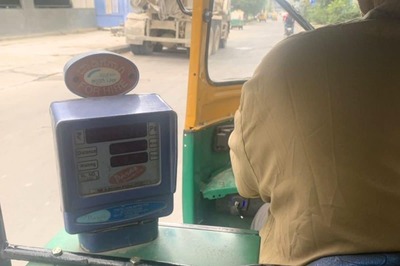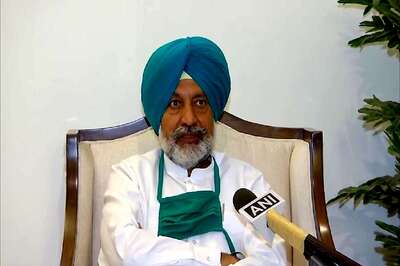
views
In a major development, the Society of Manufacturers of Electric Vehicles (SMEV), the registered association representing Indian electric vehicle manufacturers, has lodged a petition with the National Green Tribunal (NGT).
The petition expresses grave concerns over the Ministry of Heavy Industries’ (MHI) decision to slash subsidies under the Faster Adoption and Manufacturing of Electric Vehicles (FAME) 2 program. According to SMEV, this action may seriously impede India’s advancement in the electric vehicle (EV) market, which would have an adverse effect on the nation’s health and environmental indicators.
SMEV has asked the NGT in a letter for assistance in enforcing a Green Tax on two-wheelers that run on petroleum. The association believes that such a tax would incentivize the adoption of green vehicles and advance India’s overriding goal of pollution control and environmental preservation.
The Ministry of Heavy Industries’ recent decision to slash subsidies by an astounding 75 percent has shocked the sector. The MHI, charged with carrying out the FAME 2 programme to promote the widespread switch to electric mobility, has adopted an abrupt and unfavourable stance.
The government has made various commitments to minimise dependency on fossil fuels and their byproducts, fight pollution, and preserve international accords. This choice runs opposite to those goals. Furthermore, it runs counter to the government’s attempts to guarantee clean air as a fundamental right and safeguard people from the health risks presented by pollution.
Also Read: SMEV Urges Government to Impose Green Tax on ICE Vehicles, Paving the Way for Electric Revolution
Expressing concern over the policy reversal, Ajay Sharma, Secretary General of SMEV, stated, “At a time when the world is recovering from the devastating impact of the COVID pandemic, allowing such a policy U-turn is a grave risk to public health. Electric vehicles are subsidized globally to encourage a widespread shift towards non-polluting energy systems. The Ministry’s decision goes against this global consciousness and defies both logic and the law, especially considering the government’s expressed support for the sector, which prompted EV manufacturers to invest in technologies, workforce, capital, and enterprise.”
Since the MHI withheld subsidies amounting more than Rs 1200 Crores, numerous OEMs have experienced severe financial strain as a result of the MHI’s actions. It has also been demanded that subsidies awarded in 2019 be paid back retroactively. It is only a matter of time before these companies face unsolvable difficulties, such as a shortage of working cash, a decline in investor and bank backing, production delays, and a fast contracting distribution network.
For startups and industry leaders in the electric two-wheeler market, the effects have been particularly devastating. To make matters worse, the MHI has decided to further cut back on subsidies as of June 2023. The growing expense of electric vehicles will make the switch from conventional fuel-based vehicles to EVs extremely challenging, which threatens to send the EV industry into a downward spiral.
SMEV has proposed adding an additional tax on polluting fuel-based two-wheelers in order to address the sector’s present problems. This measure tries to balance out the disruption brought on by MHI’s actions. It is crucial that this idea is in line with the government’s three main goals, which are to reduce fossil fuel usage, phase out polluting automobiles, and considerably improve population health indices. The vision outlined by our Honourable Prime Minister revolves around the switch from internal combustion engines (ICEs) to electric vehicles (EVs), and this must be emphasised.




















Comments
0 comment